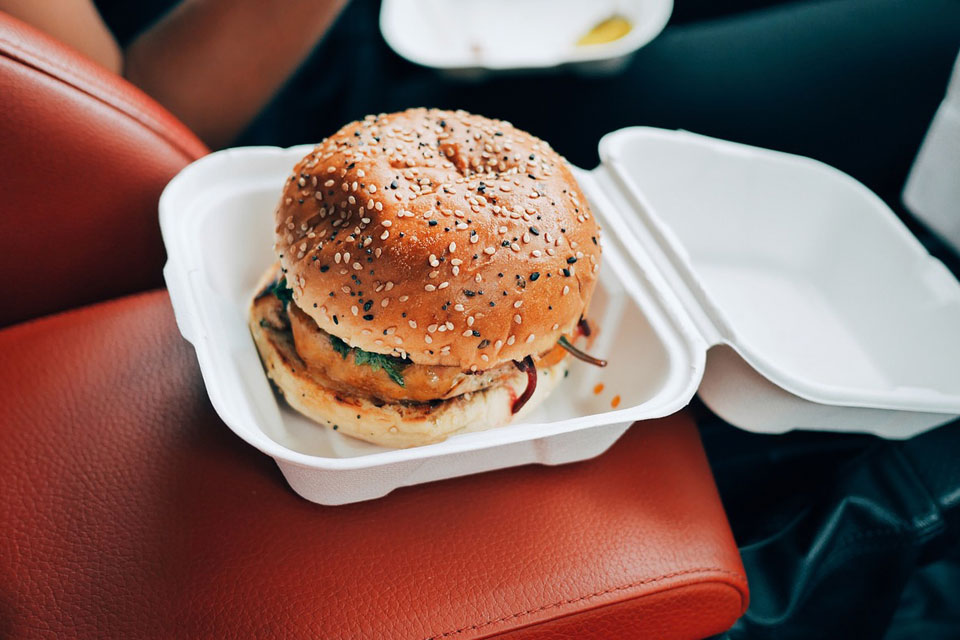Global investors representing more than $6.5 trillion have called on six of the largest companies in the $570 billion global fast-food sector to act urgently on the climate and water risks in their supply chains.
The investors have sent letters to Domino’s Pizza, McDonald’s, Restaurant Brands International (owners of Burger King), Chipotle Mexican Grill, Wendy’s Co. and Yum! Brands (owners of KFC and Pizza Hut).
The letters, facilitated by the sustainability organisation Ceres and the FAIRR Initiative, ask companies to explain by March 2019 how they plan to enact meaningful policies and targets to de-risk their meat and dairy supply chains.
More than 80 investors have joined the letter, including BMO Global Asset Management (Canada), Aviva Investors (UK) and Aegon Asset Management (Netherlands).
The engagement is also supported by members of the Interfaith Center on Corporate Responsibility (ICCR) who have convened long-standing engagements with these companies on a host of environmental and social concerns – including deforestation and the water impacts of animal agriculture.
The letters call on the fast food companies to:
- Adopt a supplier policy with clear requirements for suppliers of animal protein products to report and reduce greenhouse gas (GHG) emissions and freshwater impacts.
- Publish quantitative, time-bound targets to reduce the GHG emissions and freshwater impacts of their own meat and dairy supply chains.
- Commit to publicly disclose progress on these targets annually.
- Undertake a climate scenario analysis in line with the recommendations of the Task Force on Climate-related Financial Disclosures (TCFD).
Meanwhile, a new investor briefing from FAIRR highlights the environmental impact of the meat and dairy producers that supply the fast food sector. Agricultural emissions, including those from meat and dairy, are on track to contribute around 70% of total allowable GHG emissions by 2050. This will create an 11-gigaton GHG mitigation gap between projected emissions and the target level required to keep global warming under a 2°C threshold. The livestock sector is also estimated to use approximately 10% of annual global water flows.
Jeremy Coller, Founder of FAIRR and Chief Investment Officer of Coller Capital said: “Every day around 84 million adults consume fast food in the US alone, but the inconvenient truth of convenience food is that the environmental impacts of the sector’s meat and dairy products have hit unsustainable levels. To put this in perspective, if cows were a country, it would be the world’s third largest emitter of greenhouse gases.
“Other high-emitting industries, such as cars or oil and gas, are beginning to set clear yet ambitious climate targets, making animal agriculture one of the world’s highest-emitting sectors without a low-carbon plan. A failure to tackle these major environmental problems in corporate supply chains puts the long-term financial sustainability of these household names under threat. Investors are calling for more strategic and innovative thinking to manage these risks.”
Mindy Lubber, president and CEO of Ceres, added: “Fast-food giants deliver speedy meals, but they have been super slow in responding to their out-sized environmental footprints. Investors are eager to see more leadership from these companies to reduce the mounting climate and water risks linked to their meat and dairy suppliers. From eliminating deforestation to reducing water waste, cleaning up their supply chains will have enormous impacts on the animal agriculture sector as a whole, and dramatically increase our ability to meet the goals of the Paris Agreement to limit global warming.”







